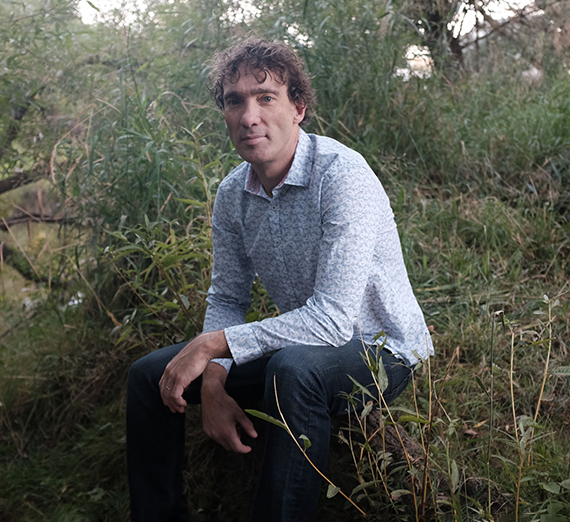In The News: Jens Hegg Explores History of Waterways Through Mussel Shells and Fish Bones

Jens Hegg, an assistant professor in Gonzaga's biology department, is featured in the Inlander's "Scholastic Fantastic" issue for his work uncovering decades of data held in the shells of mussels and the ear bones of fish. The article is titled "Measured by Mollusk: Gonzaga biology professor Jens Hegg wants to use freshwater mussel shells to determine a climate baseline in Northwest waterways."
Hegg uses a process called "dynamic time warping" to uncover microchemical profiles of the creatures, and in doing so those profiles can reveal decades of changes in climate in the regions where they live. He was part of a team that delved into waterbody climate conditions in New Zealand for a research paper published earlier this year in the journey Global Change Biology, with Hegg examining the ear bones of snapper. More recently, Hegg was awarded a significant grant from the M.J. Murdock Charitable Trust to examine what mussel shells in Pacific Northwest waterways can tell us. He'll be working on that project with Gonzaga student researchers.
"His research team will aim to figure out what controls the shell growth of Western ridged mussels, a Northwest native freshwater clam species suffering a population decline," writes Inlander reporter Colton Rasanen.
"In the same way that we pull information from tree rings about climate, you can do the same thing with these guys," Hegg says, pointing at faint striations in concentric ovals along a clam's shell. "As it turns out, a lot of things get recorded in hard parts of animals."
You can find the Scholastic Fantastic issue throughout the region.
